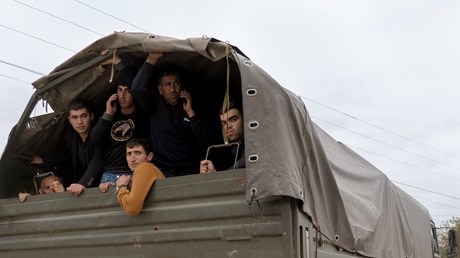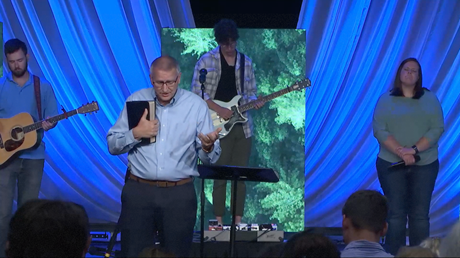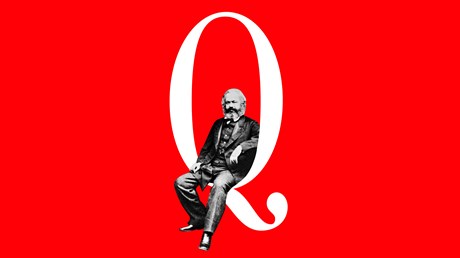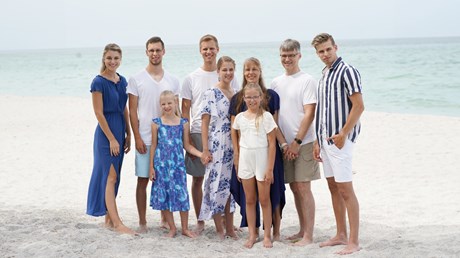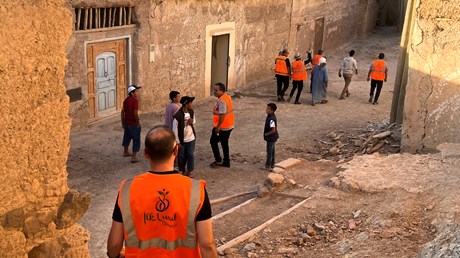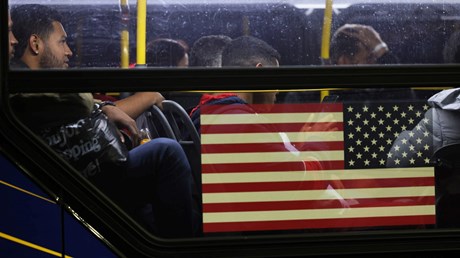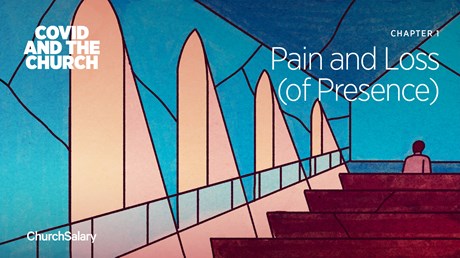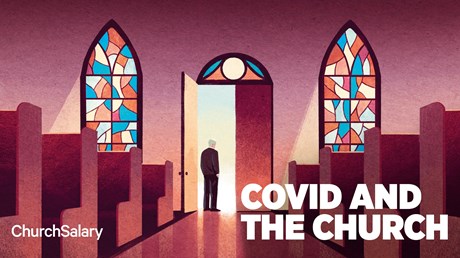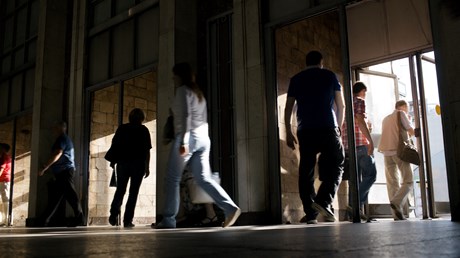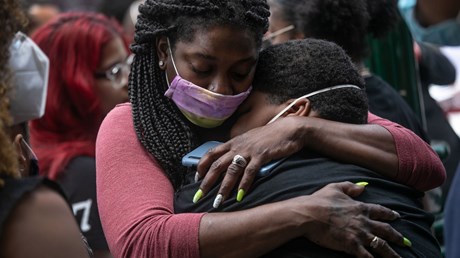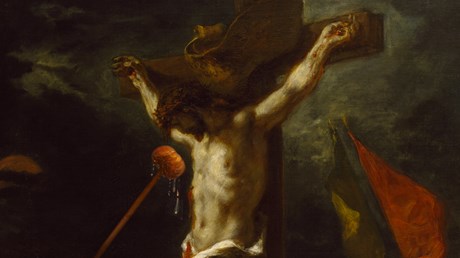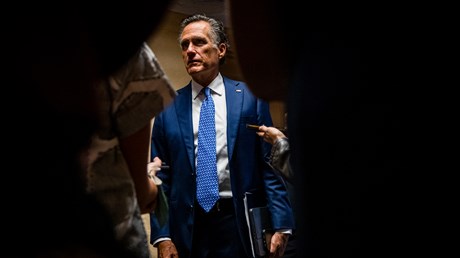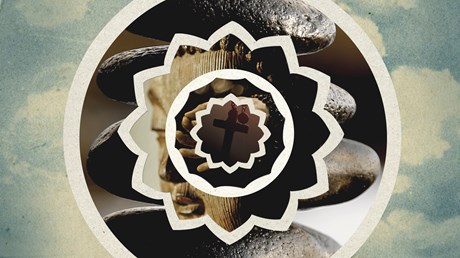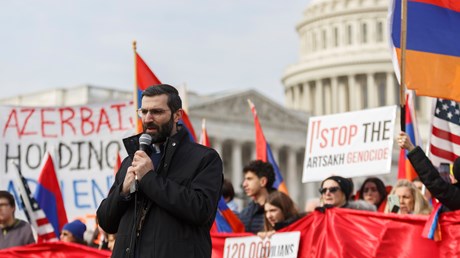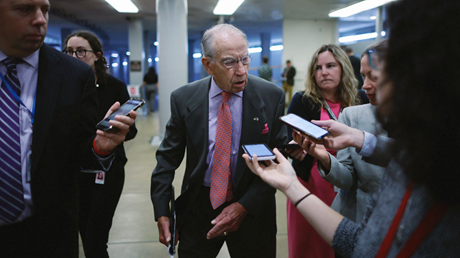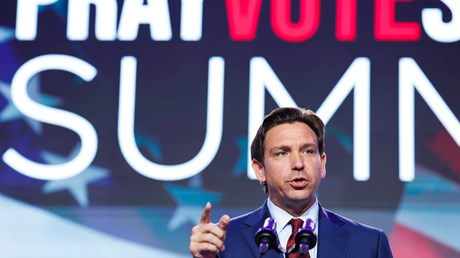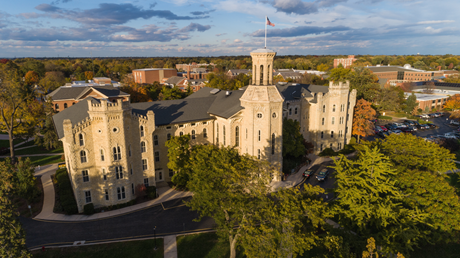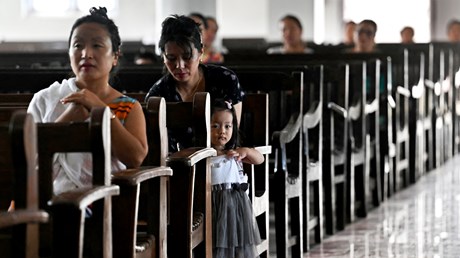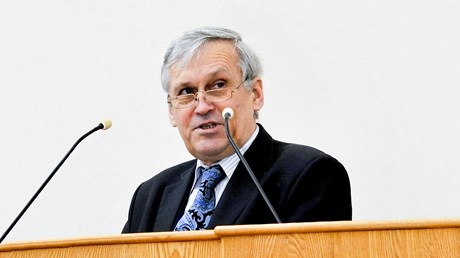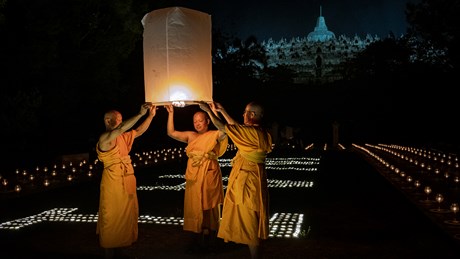Even by the standards of other missionaries, the Irish woman’s ministry to sexually exploited children was intrepid.
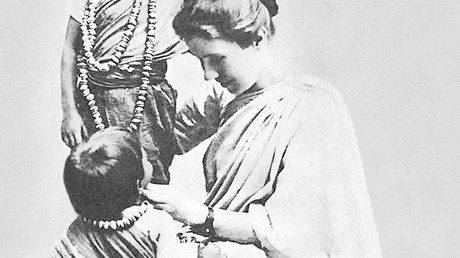
Kneeling bedside, three-year-old Amy Carmichael begged God to make her eyes blue. Sadly, for the toddler, the prayer didn’t spark a miracle.
But decades later as a grown woman, after she had left Ireland to make her home in the then-British occupied India, she remembered her prayer as a child. With her fair skin, she would never truly blend in with the locals. But her brown eyes matched those of the people she lived among—and that was one less distraction when trying to build relationships as a missionary.
Carmichael moved to India at the age of 27 and never left. Much of her ministry was marked by disrupting cultural norms on temple prostitution. Her prayer life, a constant of her ministry and well-documented in her books and personal writings, revealed her boldness, stubbornness, and grit in circumstances that deeply challenged her—characteristics she needed in her efforts to share the love of Christ with hundreds of women and children over her lifetime.
“Go ye”
The oldest of seven children, Amy Carmichael (1867–1951) was raised in a well-to-do Christian family in Millisle, Northern Ireland. She came to faith in Christ as a teenager while attending a Wesleyan Methodist boarding school in Yorkshire, England. But her time at school was cut short when she was forced to return home due to her family’s financial difficulties.
The family moved to Belfast for business, where her father died of pneumonia. Carmichael threw herself into serving others, beginning with her siblings—a pattern of self-sacrifice that would carry through to her dying day. Such hardships caused Carmichael to cling to the Word and cry out to God in prayer, not only for comfort but for practical help.
from Christianity Today Magazine https://ift.tt/NciKyWB

